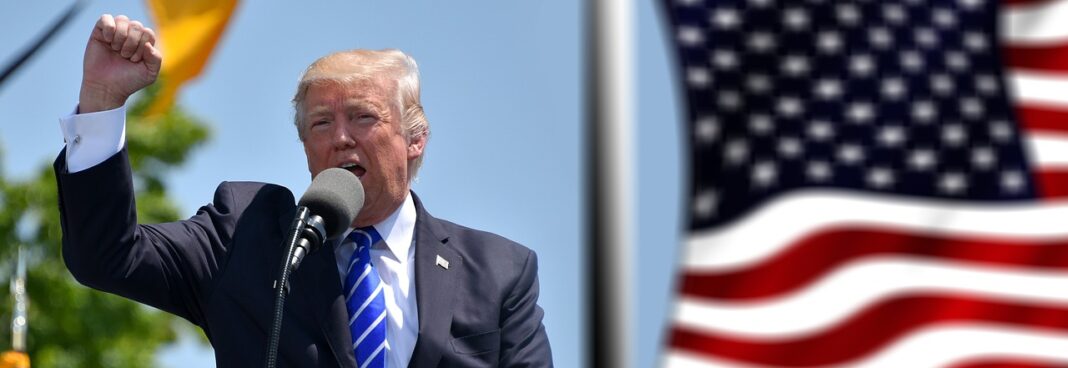In a televised speech on June 18, Iran’s Supreme Leader Ayatollah Ali Khamenei declared that the Iranian people would not accept either an imposed war or a forced peace agreement, in a pointed warning to the United States amid heightened regional tensions. Speaking during a public address broadcast by state-run media, Khamenei said, “The Iranian nation firmly opposes an imposed war, just as it firmly opposes an imposed peace.”
The statement came in response to recent international calls—particularly from U.S. leaders—pressuring Iran to agree to de-escalation or risk military consequences. Khamenei warned that any potential military action by Washington would result in “irreparable damage,” signaling Tehran’s resistance to foreign ultimatums. “Those who are wise never speak to the Iranian nation with the language of threats,” he added.
The address follows weeks of escalating conflict between Iran and Israel, including Israeli airstrikes targeting Iranian military and nuclear infrastructure. The U.S. has expressed growing concern over the risk of the conflict expanding, while Iran continues to assert its right to defend itself and its regional interests.
In the address, Khamenei emphasized Iran’s position against external coercion, stating that diplomatic solutions must come from mutual respect rather than pressure. His remarks align with Iran’s long-standing rejection of unilateral demands from the West and reflect increasing domestic resistance to foreign intervention.
Khamenei’s rhetoric suggests that Tehran is unwilling to enter negotiations perceived as dictated by foreign powers, including the United States or its allies. His warning follows multiple signals from Washington that military options remain “on the table” should Iran continue actions viewed as destabilizing by U.S. and Israeli officials.
The international community remains on alert as tensions mount in the Middle East. Khamenei’s comments add a new layer of complexity to ongoing diplomatic efforts seeking to prevent a wider regional war.




